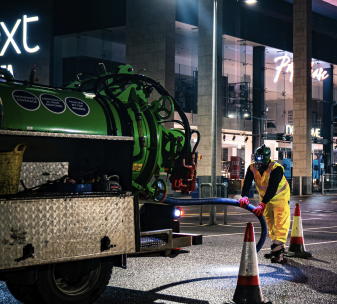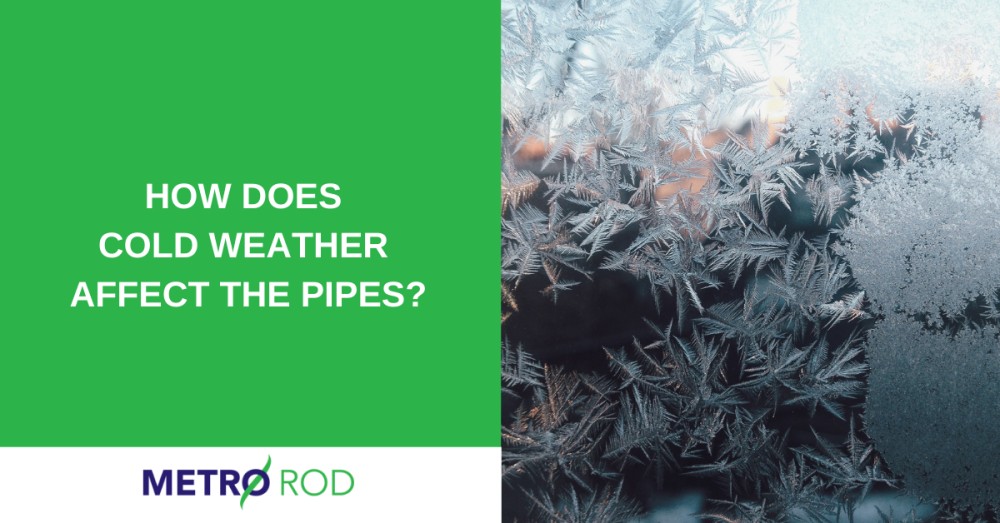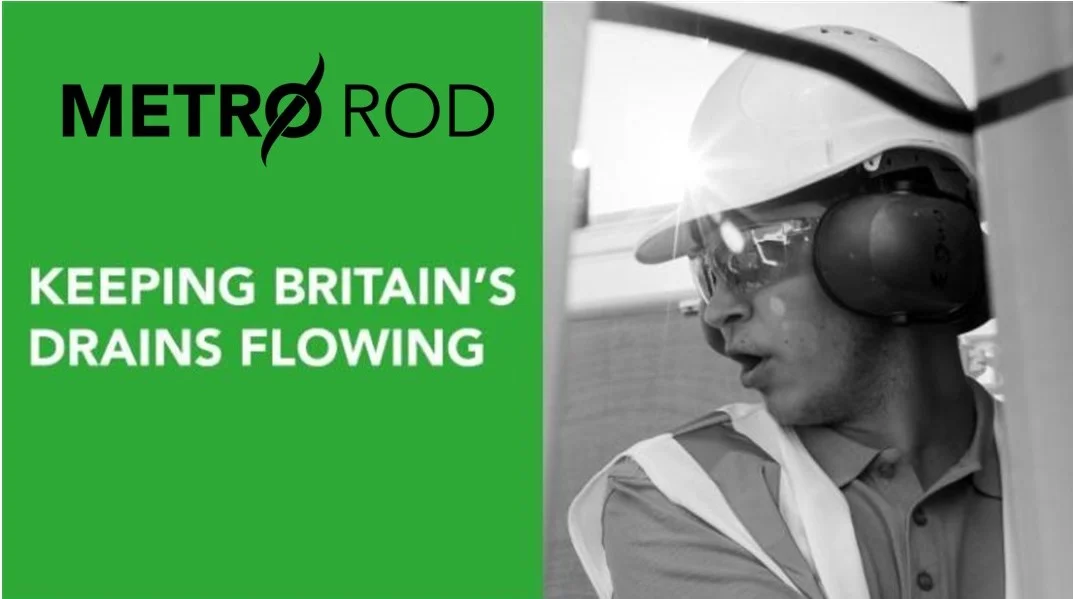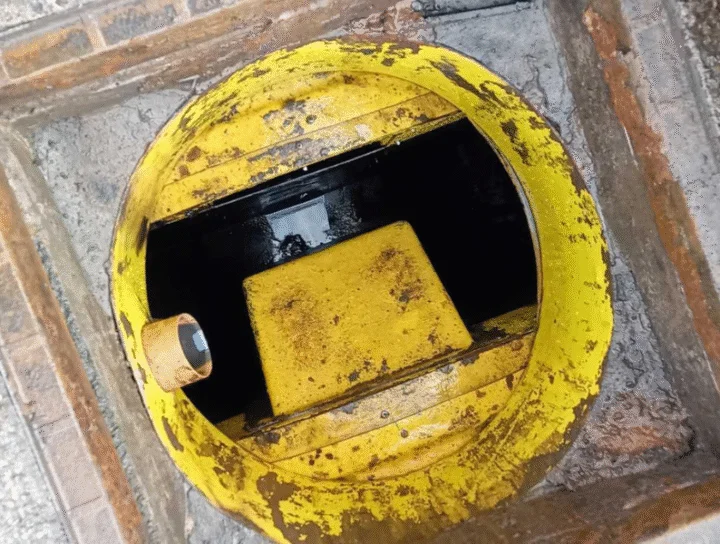Throughout the winter months, the pipes and plumbing can become susceptible to several problems due to the harsh weather conditions. Failing to take precautionary measures to protect your pipes during this period can lead to damages or bursts. Evidently, this can be inconvenient, rather expensive to fix and, in worse cases, cause major problems within your home or business. Therefore, it’s important to prepare in advance to reduce the risks.
Cold temperatures, snow and ice are often the cause of plumbing problems during the winter months. Melting snow and ice also increases in the amount of water flowing through your drains so it’s essential to ensure they are free-flowing to allow any excess surface water to drain away during the thaw.
What precautionary measures can you take to protect your pipes?
Taking the necessary precautions to prepare and maintain your plumbing before winter can make all the difference. To help you with this, we have provided some useful tips on how you can protect your pipework from the cold weather.
Keep the heating on
When there is severe cold weather, it may be a good idea to leave your central heating on overnight but turned down to a low setting. This may sound like you’re wasting money, but keeping it on low or setting the timer to click on at certain points of the day keeps the system running, pipes warm and prevents freezing.
Open your kitchen cabinets
Despite the amount of heat that is in your home, your kitchen cupboards and restricted access parts of the kitchen will not receive this heat. Just by opening your kitchen cupboards and allowing some warmth into underneath your kitchen sink can warm the pipework up.
Seal up cracks, gaps and holes
Cracks, gaps and holes around where your pipes are located in your home or business, need to be sealed. When the temperature drops around this time of year, these gaps will pass cold air through. This increases the likelihood of your pipes becoming frozen.
Add extra insulation
Insulating your pipework is a fantastic way to stop them freezing and becoming damaged. There are numerous insulating materials available for you to purchase in your local DIY stores, such as circular foam tubing, rubber and fibreglass.
Also, it’s important that you check the pipework in your roof. All pipework and tanks in the roof space should be insulated as this tends to be the most vulnerable area in a property.
Make sure you haven’t got a dripping tap
Water wasted from dripping taps tends to freeze in the waste pipes once it leaves the property. The knock-on effect of this is that it can cause your basin, sinks etc. to overflow.
Turn off outside taps
When your outside tap was fitted hopefully the plumber installed an isolation valve on the inside, turn this off then leave your outside tap open to ensure the tap itself does not freeze.
Know where your stop tap is
If you experience a burst pipe, you need to know where to turn off your water supply to avoid any further damage. Also, make sure your valve is fully operational as sometimes it could seize if it hasn’t been operated for some time.
Contact Metro Rod or Metro Plumb
If you are experiencing any plumbing or drainage problems contact your local depot or call us on 0800 66 88 00.
Unsure if you have a plumbing or drainage problem? Our drainage and plumbing engineers are on hand to solve the issue.

Talk to your local Metro Rod specialist
We are always happy to arrange a free site assessment and no obligation quotations for any work you might need. Alternatively, you can call our emergency hotline number on 0800 66 88 00
Get in touch Drainage Services

